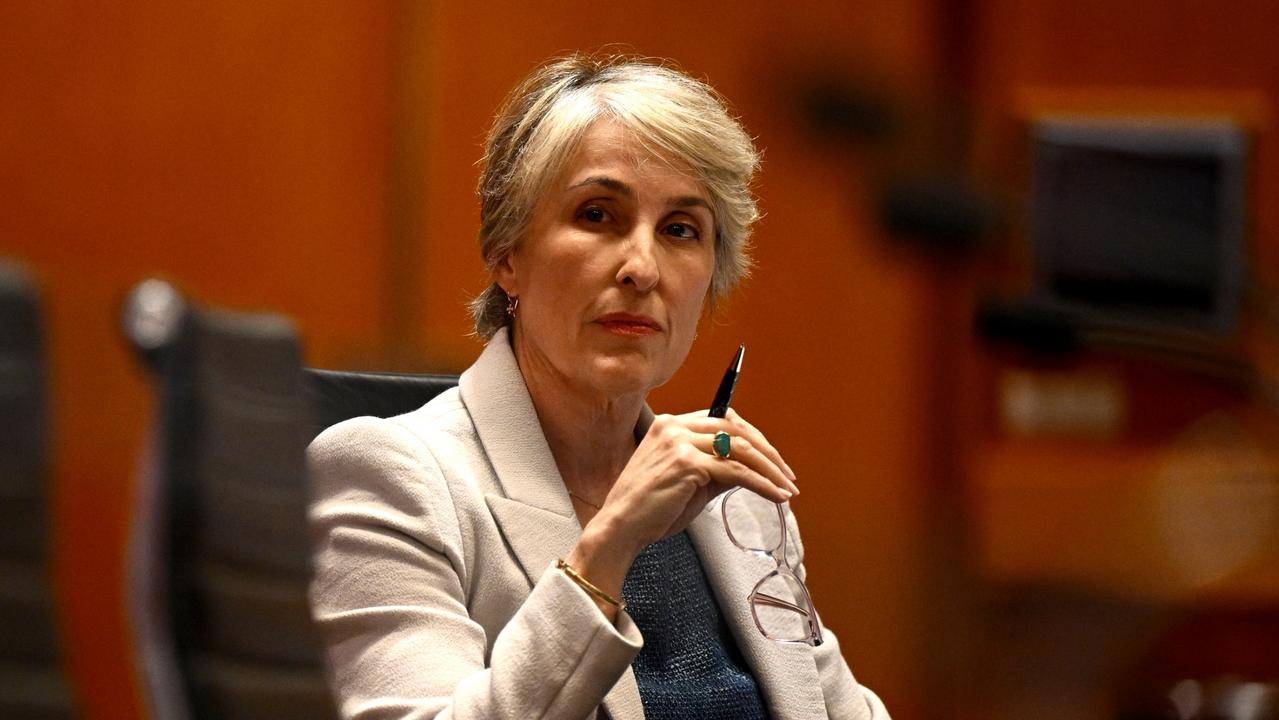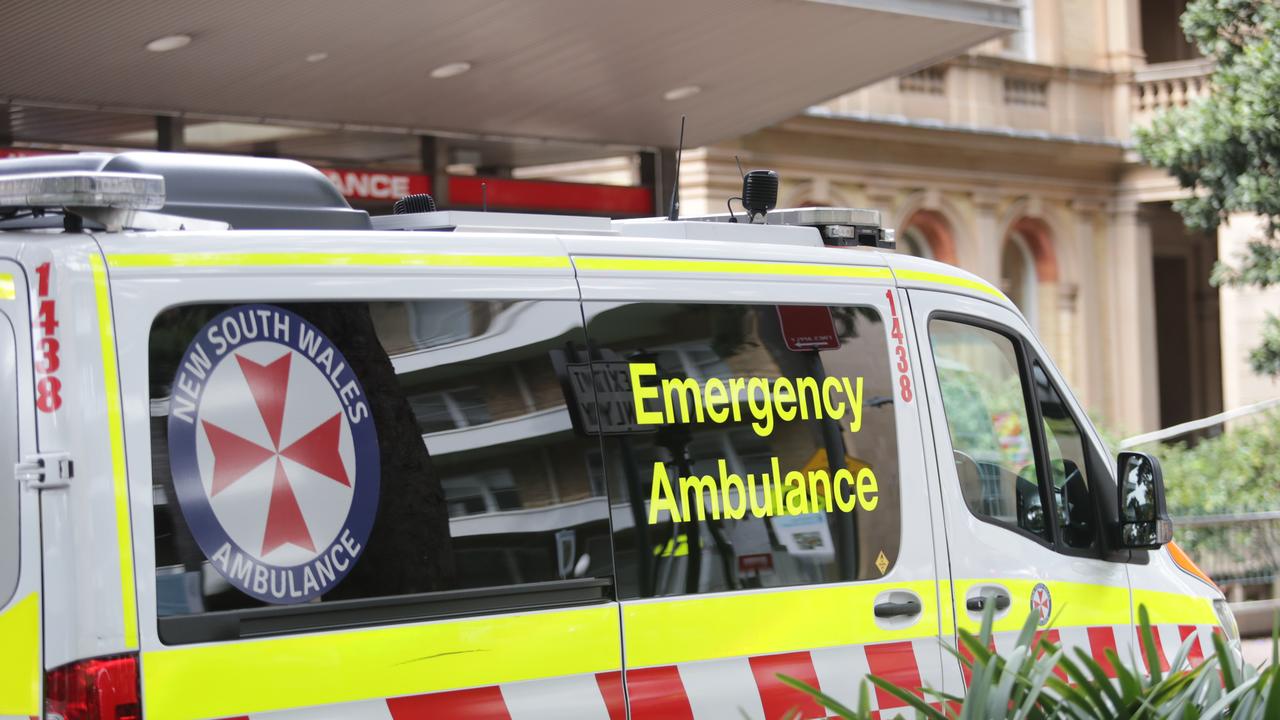Vape wars: shooting, bashing, fire linked to Sydney black market
Crime networks are making huge profits importing and illegally selling vapes through street sales and convenience stores, with the trade suspected of being linked to a recent incidents including a shooting, bashing and fire.
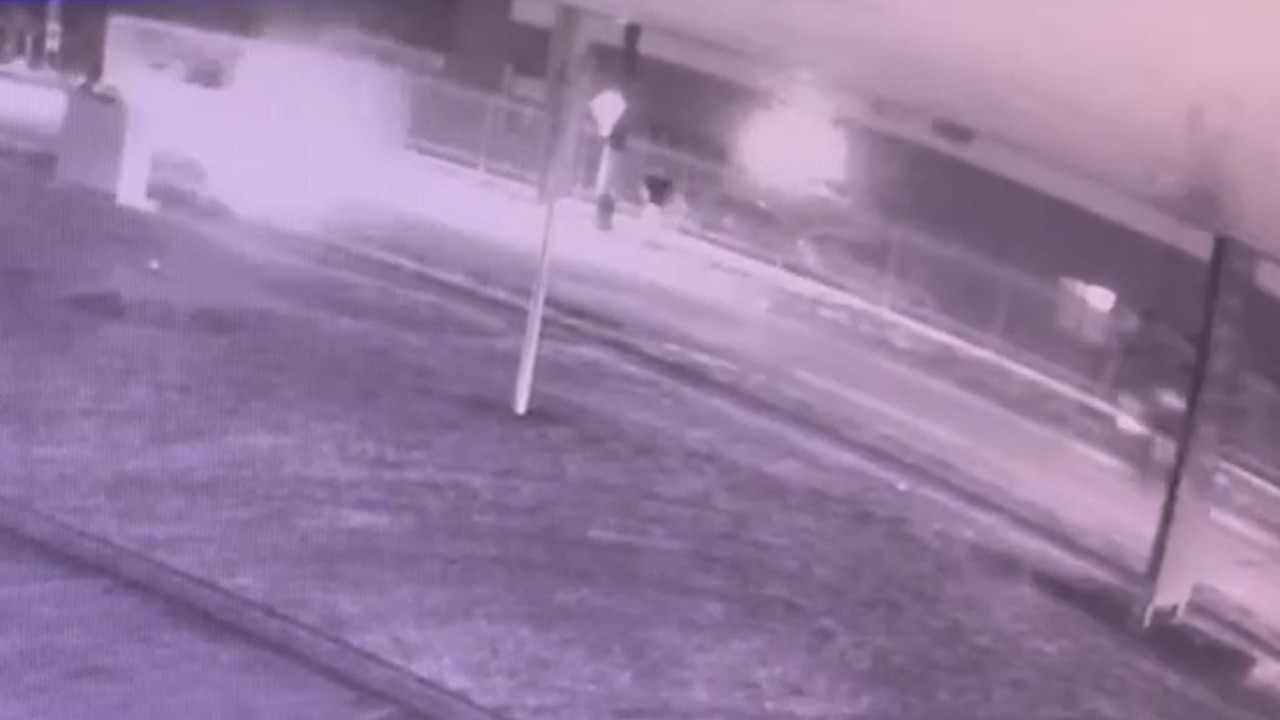
Police & Courts
Don't miss out on the headlines from Police & Courts. Followed categories will be added to My News.
Underworld vape wars have led to a recent spate of shootings, bashings and arson attacks on Sydney streets, with industry experts claiming “weak” laws are allowing crime gangs to cash in on the black market trade.
Crime networks are making huge profits importing and selling vapes, through street sales and distribution to convenience stores to be illegally sold, with vapes only available to the public legally via prescription at a pharmacy.
NSW Police are now understood to be investigating links between illegal vape sales and a drive-by shooting in Marsfield, the savage beating of a man in Bankstown and a convenience store arson attack in Sydney’s west — all of which have occurred in the past six weeks.
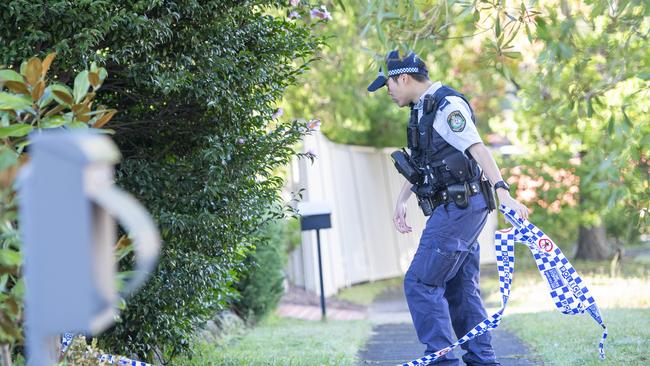
Police sources told the Telegraph many of the crime gangs who in recent years have been fighting over cocaine trade in Sydney — resulting in more than 20 deaths — had moved into the vape and tobacco trade, while enjoying the relative safety of lesser penalties not associated with hard drugs.
Sources say a single black market vape can be sold for three to four times more than the standard $20 pharmacy price.
“We have definitely seen an increase in violence but not to the levels of Melbourne thankfully,” a police source told the Telegraph.
“A lot of the recent incidents have been isolated as opposed to tit-for-tat conflicts.
“The incentive is that the profits remain large but the penalties are far less than the more serious drugs.
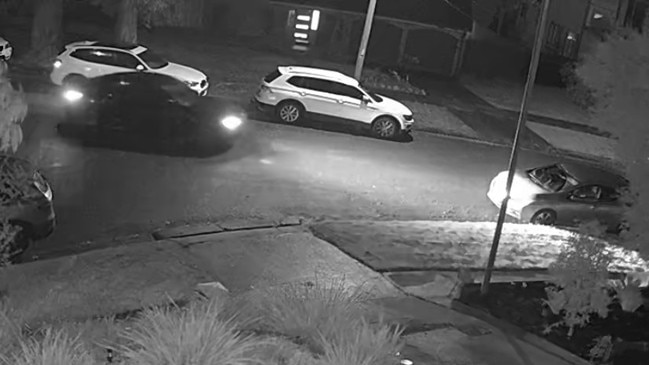
“NSW Health are the ones who are meant to be looking after it, but to be fair to them, they don’t have the capabilities to crackdown on things this big.”
In response to illegal tobacco and vape related violence in Melbourne last year, the NSW government bolstered penalties — increasing maximum fines for the supply of vaping goods from $1,650 to approximately $1.54 million, and boosting prison sentences from six months to seven years.
But industry experts say NSW’s financial punishments are still lagging behind, with South Australia implementing fines for illegal vape distribution which are up to five times tougher, at $2.1 million for an individual first offence and up to $4.2 million if caught again.
Fines for a business are as high as $5.5 million and $6.6 million for a second offence.
NSW Health Minister Ryan Park is defending his department’s handling of the illegal vape trade, claiming “NSW Health has a strong compliance and enforcement program for the supply of illicit tobacco and illegal vaping goods.”
“It’s great that the NSW Government is saying the right things around new rules and new fines but the harsh reality of it is illegal tobacco and illegal vapes are as widely available as they have ever been,” Australian Association of Convenience Stores chief executive Theo Foukkare said.
“It’s a playground for the criminal gangs succeeding … We need harsher penalties so that we can stop the violence … there are still significant gaps.”
The rise of violence has led to calls to regulate and legalise vaping, and take the sting out of the underworld black market.
In the lead-up to the federal election, the Coalition pledged to allow nicotine vapes to be sold at retail stores and regulate the industry, in a departure from the current legislation which allows for vapes only to be sold at pharmacies.
Mr Foukkare agreed this was the best approach to stopping the violence and tensions in the illegal vape trade.
“We are in favour of regulation but with strict measures, including no childlike flavours,” he said.
“With appropriate taxing that would calm the violence and tensions we are seeing in the black market of illegal vapes.”
Mr Park said the state had quadrupled the number of full-time illegal vape and tobacco inspectors employed by the department, and had seized more than $9.3 million worth of vapes and e-liquids in 2024.



